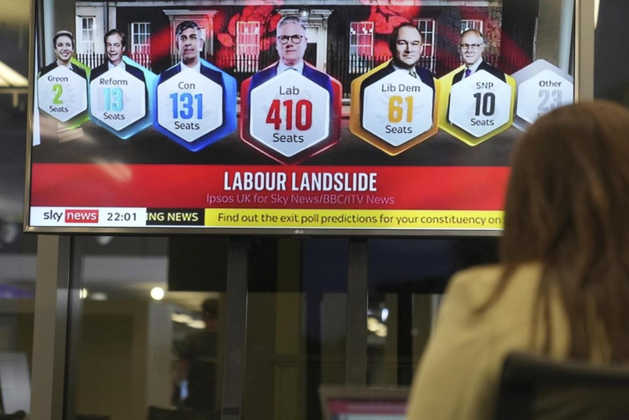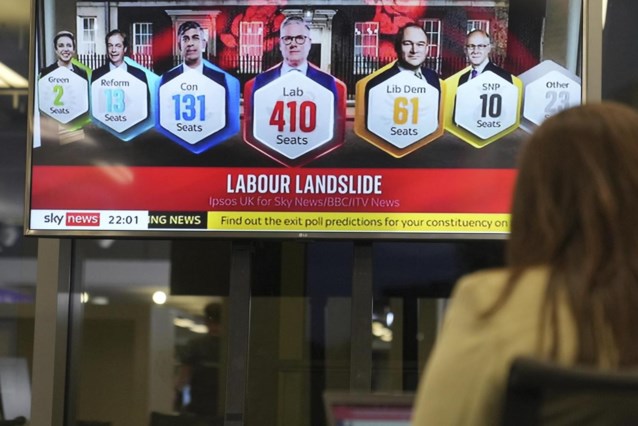This has been determined by the UK Supreme Court after the Scottish government initiated a case. The current British Prime Minister does not want a referendum on secession from Britain.
Scotland got its own parliament in the 1990s, but all matters relating to the British Union remain in parliament in London. In recent weeks, courts have considered whether the Scottish Parliament has the power to legislate a non-binding independence referendum. That was not the case, the five judges unanimously decided. They believe that the consequences of such a vote must be taken into account.
“Disappointed”
Scottish Prime Minister Nicola Sturgeon said he was “disappointed” but respected the court’s decision. He believed that the verdict was an argument for independence. “The ruling blocks one way for Scotland’s voice to be heard on independence, but in a democracy our voices cannot and will not be silenced.” Sturgeon now wants to turn parliamentary elections in 2024 into a de facto referendum.
British Prime Minister Rishi Sunak welcomed Wednesday morning’s “clear” statement. “I think Scotland wants us to work on finding solutions to the big challenges we face collectively,” he said. Like Alister Jack, British minister to Scotland, he called for cooperation. According to Jack, Scots want “both of their governments to devote their attention and resources to the issues that matter most to them”, such as rising energy and healthcare bills.
The number of supporters fluctuated by around 50 percent
Sturgeon wants to hold a consultative referendum on October 19, 2023. It is unclear whether Scotland will vote for independence. According to a recent opinion poll, the number of supporters fluctuated by around 50 percent. In the 2014 referendum, passed by London, 55 per cent voted against secession from Britain.
Sturgeon and the Scottish National Party (SNP) believe that circumstances have changed due to Brexit and therefore a new referendum can be justified. The majority of Scots opposed Britain’s departure from the European Union in the 2016 Brexit referendum.
Also read:
The ‘Stone Thief’ became a hero of Scottish nationalism
On December 26, 1950, Scotsman Ian Hamilton accomplished something that no one or anyone else has been able to do in the last three hundred years – not even the coronavirus: the border between England and Scotland was temporarily closed.

“Hipster-friendly creator. Music guru. Proud student. Bacon buff. Avid web lover. Social media specialist. Gamer.”







